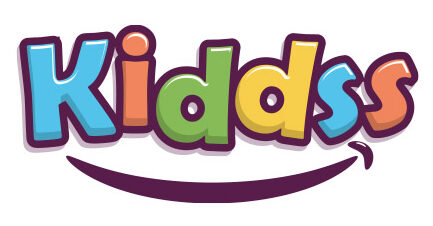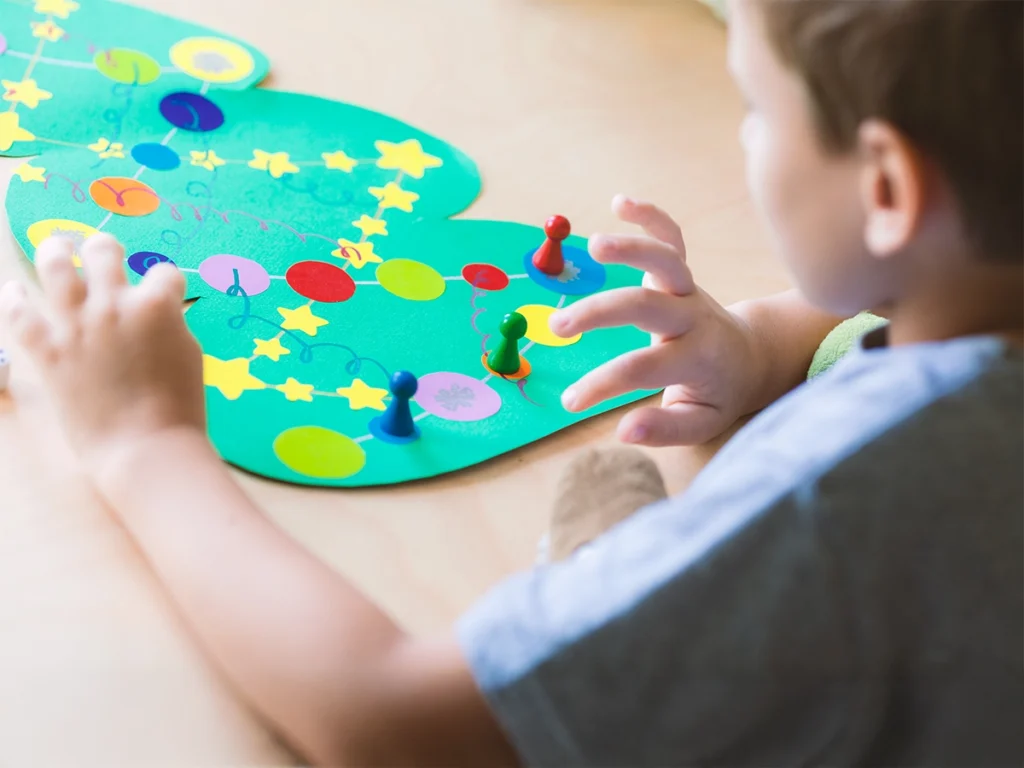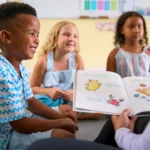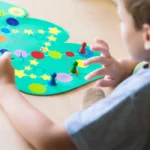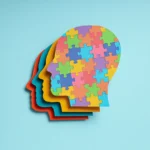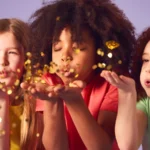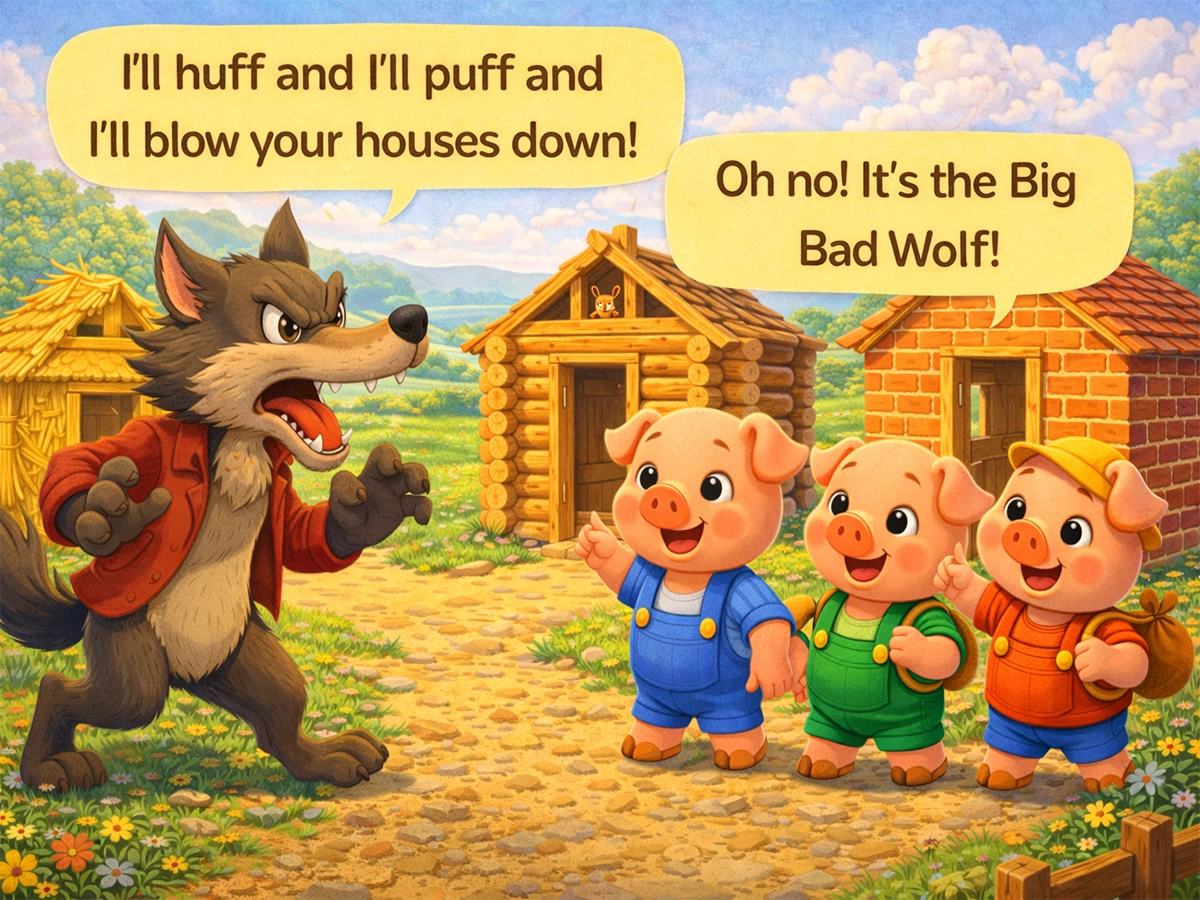Music isn’t just for fun — it plays a powerful role in a child’s mental, emotional, and social development. From boosting memory to encouraging self-expression, music can deeply shape how children learn and grow. Whether your child is dancing to silly tunes like Giggle Parade or experimenting with rhythm instruments, the benefits of music go beyond entertainment.
1. Music Enhances Cognitive Skills
Numerous studies show that children exposed to music early in life tend to perform better in subjects like mathematics, language, and problem-solving. Music stimulates the brain’s left hemisphere, which is involved in processing language and reasoning.
- Listening to rhythmic patterns improves auditory discrimination.
- Singing songs improves vocabulary and sentence structure.
- Learning musical instruments strengthens spatial-temporal skills, aiding math learning.
2. Language Development Through Songs
Songs are filled with rhyme, repetition, and rhythm — all elements that support language acquisition. Toddlers singing nursery rhymes are actually practicing phonetic awareness and syllable breakdowns, essential building blocks for literacy.
You can use songs that involve action words and storytelling, such as:
- “Clap your hands, stomp your feet” – encourages action-word recognition.
- “Twinkle Twinkle Little Star” – enhances symbolic thinking.
3. Music Builds Emotional Intelligence
Music evokes emotion and helps children learn to identify and manage their feelings.
- Happy tunes promote joy and laughter.
- Soothing lullabies can help children self-regulate and relax.
- Dramatic music in stories fosters empathy and imaginative play.
Through songs and musical play, children can learn to express frustration, excitement, and curiosity in healthy ways.
4. Social Connection Through Musical Play
Group music activities such as dance games, clapping songs, or circle time singing encourage social bonding, turn-taking, and collaboration.
Examples:
- Freeze dance games teach listening and body control.
- Call-and-response songs teach cooperative engagement.
- Instrument sharing promotes patience and cooperation.
These fun routines help children build strong peer relationships, boosting social-emotional learning.
5. Music Supports Physical Development
When kids jump, sway, clap, or tap, they’re not just having fun — they’re improving their motor coordination and body awareness.
- Dancing develops gross motor skills.
- Clapping to rhythms improves fine motor skills.
- Action songs promote timing and sequencing in movement.
Simple movement-based songs such as Dance Party and Jumping Jellybeans can be excellent tools for development.
6. Creative Thinking and Self-Expression
Music is one of the first ways children learn to express themselves creatively.
- Inventing new lyrics helps with language play.
- Making up dances encourages body freedom.
- Pretending with sounds or instruments encourages imaginative thinking.
Creative confidence developed through music often leads to stronger storytelling, problem-solving, and artistic expression.
7. Building Daily Routines with Music
Songs can also help structure your day and reduce chaos. For instance:
- Morning routine songs help start the day cheerfully.
- Clean-up songs make transitions smoother.
- Bedtime lullabies calm kids and signal sleep time.
These musical cues help children understand time, build habits, and feel secure in daily patterns.
8. How Parents and Educators Can Use Music Daily
Here are easy ways to incorporate music into everyday life:
- Start and end the day with a song ritual.
- Use background music while doing crafts or reading.
- Create a music corner with simple instruments.
- Play rhythmic clapping or drumming games.
- Watch educational kids’ music videos to combine visual and auditory learning.
You can check out free fun music content and downloadable activities at KIDDSS Free Downloads.
Conclusion
Music is more than a pastime — it’s a tool for lifelong learning. Whether it’s a playful tune or a lullaby at bedtime, music nurtures the whole child — emotionally, physically, socially, and cognitively.
Let your child wiggle, giggle, and grow — one beat at a time.
⚠️ Caution
- Avoid excessively loud music — it can affect hearing development.
- Monitor screen time when using digital music videos.
- Choose age-appropriate lyrics and visuals for all music content.
If you’d like to share feedback, collaborate, or submit your own article, please contact us at:
✉️ info@kiddss.com
